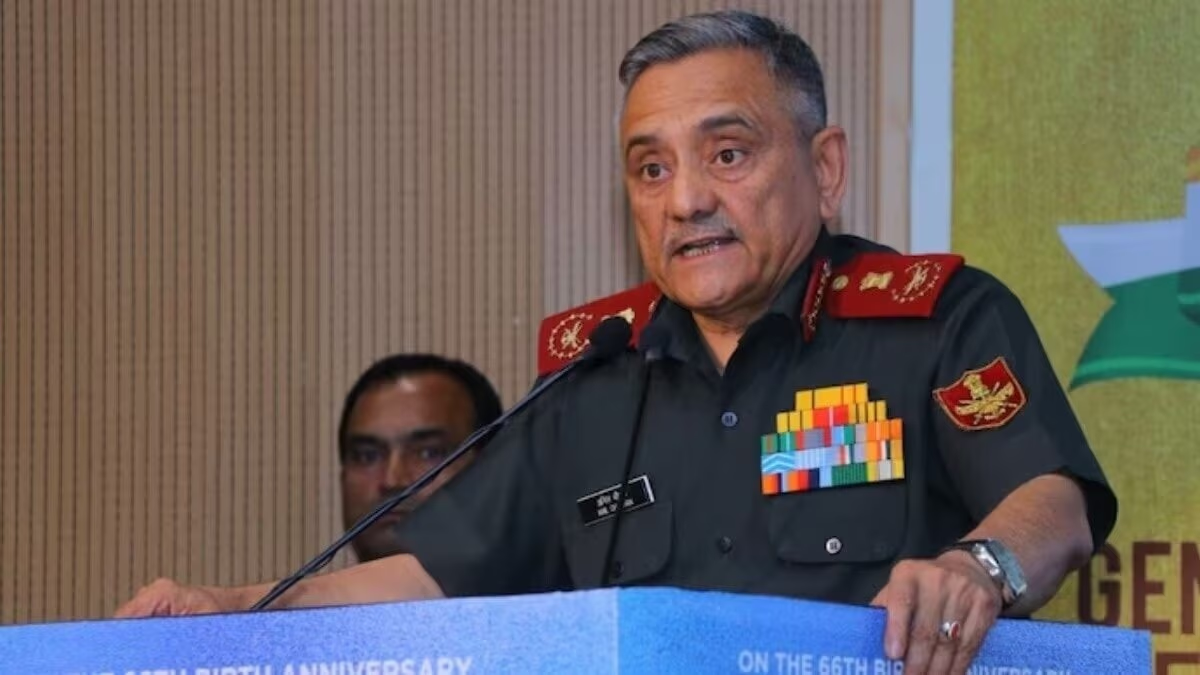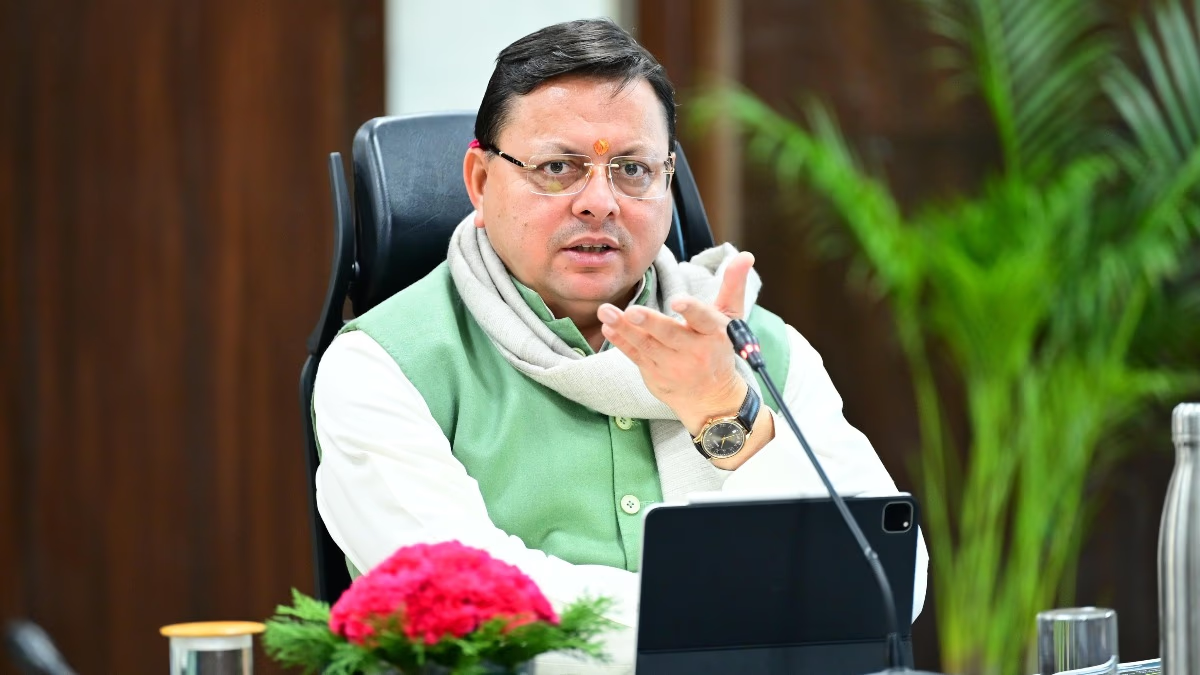Chief of Defense Staff (CDS) General Anil Chauhan enlightened audiences at Pune University with crucial insights into Operation Sindhur during his address on 'Future Wars and Warfare.' He highlighted India’s exemplary execution, concluding a 48-hour battle within just 8 hours, forcing Pakistan to request negotiations. This operation underscores warfare as not merely an act of striking but also an extension of political engagement.
CDS Chauhan emphasized the dual trajectory of war and politics in Operation Sindhur, noting the advantageous use of superior counter-drone systems. He remarked that by 1 AM on May 10th, Pakistan had conceded their defeat. India concluded the expected 48-hour battle in a striking 8 hours, leading to an unexpected phone call expressing willingness to negotiate.
CDS Anil Chauhan notes next war hints: Humans vs Machines
CDS Anil Chauhan affirmed, "As professional forces, setbacks don't deter us. Instead, we learn from our mistakes and move forward." He explicitly articulated that in warfare, results surpass losses. Operation Sindhur exemplified a war strategy integrating both kinetic and non-kinetic skills.
Emerging Trends in Warfare: A Role for Advanced Technologies!
First:
Sensor technologies played a vital role in the conflict, leveraging natural and man-made sensors. These sensors offer diverse applications tailored to varying operational needs.
Second:
The contribution of BrahMos hypersonic missiles and stealth technology was crucial, alongside drones, presenting formidable threats that elude detection.
Third:
Autonomous systems bore significant potential. Includes unmanned tanks, augmenting strength while reducing human risks in potential future engagements.
Warfare as a Means to Achieve Political Ends
CDS Chauhan issued a clear warning to Pakistan to curb terrorism, stating emphatically, "Pakistan must reign in terrorism." He underscored India's intolerance of any threats, emphasizing India's superior drone capabilities compared to Pakistan.
CDS Statement in Singapore Raises Questions
Chauhan underlined that modern warfare isn't confined to traditional might alone. Instead, it's a multi-faceted process employing diplomatic, informational, military, and economic tools to achieve political aims.
CDS Anil Chauhan elucidated, equating warfare's synonymous trait with human nature, positing two pivotal elements – violence and the politics influencing it. Violence becomes instrumental in realizing political objectives, placing responsibility predominantly on adversaries.




